Poison project wins Northumbria University Chemistry and Forensic Science team an award
An innovative project led by Northumbria University’s Applied Sciences Department has won a Royal Society of Chemistry (RSC) Inspirational Committee Award 2023.

An innovative project led by Northumbria University’s Applied Sciences Department has won a Royal Society of Chemistry (RSC) Inspirational Committee Award 2023.

An award of £1 million to support the expansion of engineering and surface science research facilities at Northumbria University has been announced today by the Wolfson Foundation.
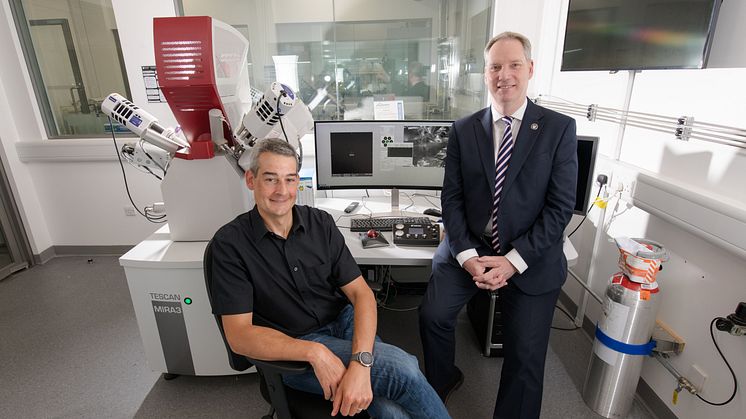
New research involving a Northumbria University Professor has developed a wearable sensor capable of wirelessly transmitting information via acoustic waves through air and water.

A Northumbria University physicist has been awarded more than half a million pounds to develop artificial intelligence which will protect the Earth from devastating space storms.
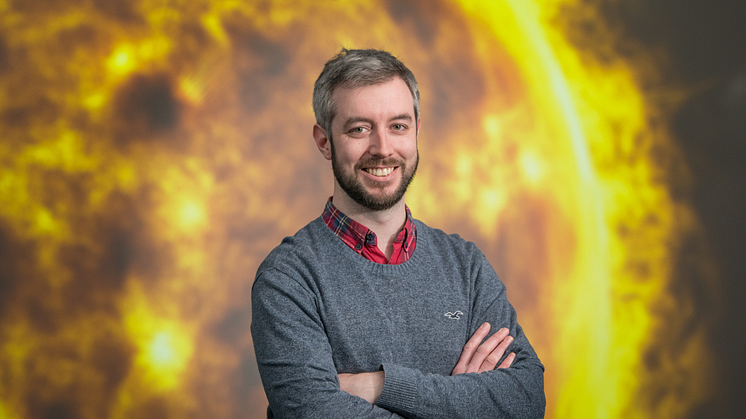
The interior of Central Asia has been identified as a key route for some of the earliest hominin migrations across Asia in a new study published in PLOS ONE today (Friday 21 October).

Newly published research led by Northumbria University shows that, contrary to what is commonly believed, the venom of snakes and spiders is actually populated with microbes, including bacteria that could cause infection in people who have suffered a bite.

The 40-year mystery behind the cause of Jupiter’s spectacular natural light displays has finally been explained thanks to research by a team of international physicists, including Northumbria University’s Professor Jonathan Rae.
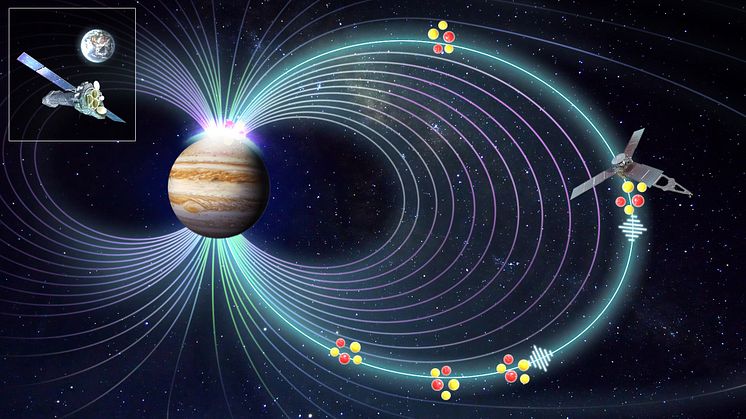
A team of space weather experts from Northumbria University has been awarded more than £400,000 to explore how to better predict the conditions in near-Earth space.

Northumbria University’s NUSTEM initiative is supporting global engineering companies, including Airbus, BP and Nissan, to develop the engineering workforce of the future by engaging more effectively with young people from diverse backgrounds.

A leading physicist and Chair of the United Nations space weather expert group is to join Northumbria University for one year after being awarded a Royal Society Wolfson Visiting Fellowship.

A Northumbria University scientist, whose research has helped change our understanding of the Sun’s magnetic waves, has been recognised for his outstanding contribution to the field of solar physics.

Northumbria University has been awarded more than £360,000 of funding from the UK Space Agency to develop the world’s first commercially available laser-based satellite communication system.
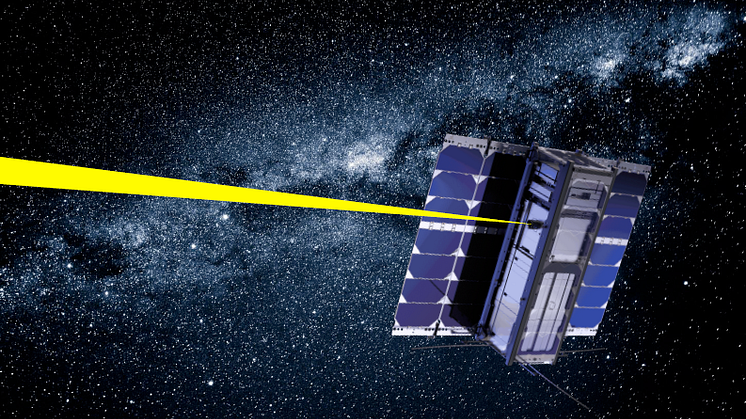
A team of scientists has discovered new activity within the Sun’s atmosphere which could explain how it reaches temperatures of more than a million degrees.

An international team of solar physicists, including academics from Northumbria University, Newcastle, has recently measured the global magnetic field of the outer most layer of the Sun’s atmosphere, the solar corona, for the first time.
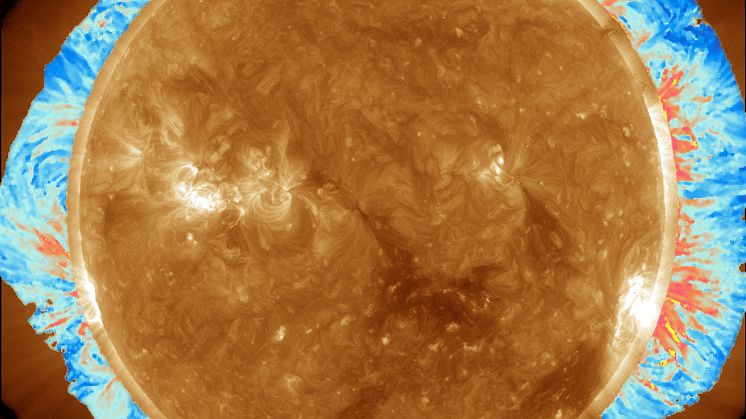
A Professor in Northumbria University’s Department of Applied Sciences has won a top national award from The Royal Society of Chemistry.

Northumbria University's NUSTEM project has been recognised for its innovative work in improving diversity in engineering education.

An innovative breath collecting device developed by academics at Northumbria University, Newcastle, could revolutionise the way we diagnose diseases, such as the newly emerged strain of coronavirus, COVID-19.
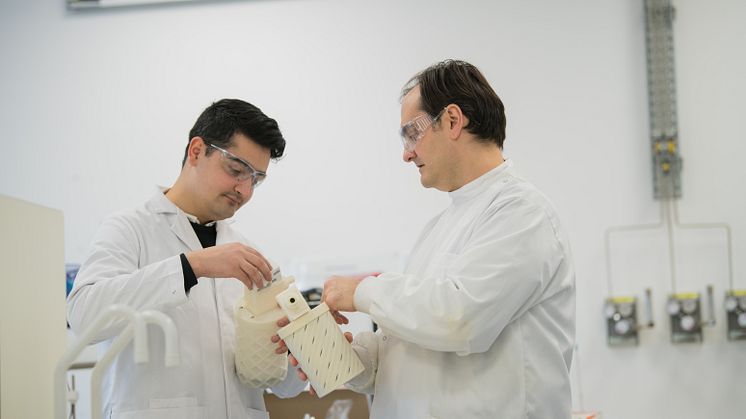
Named after a Celtic goddess of the Sun, SULIS is a UK-led solar science mission, designed to answer fundamental questions about the physics of solar storms.
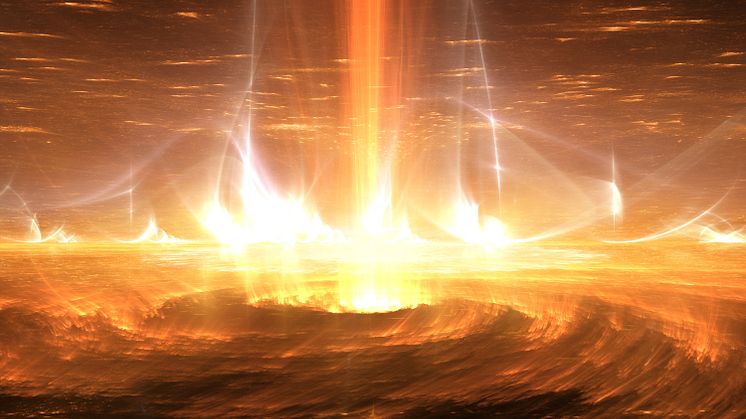
Climate change may have played a more important role in the extinction of Neanderthals than previously believed, according to a new study published in the journal, Proceedings of the Natural Academy of Sciences.

Astrophysicists from Northumbria University, Newcastle are working with the Cambodian government to help students in the former war-torn country to study science, technology, engineering and maths (STEM) subjects.
